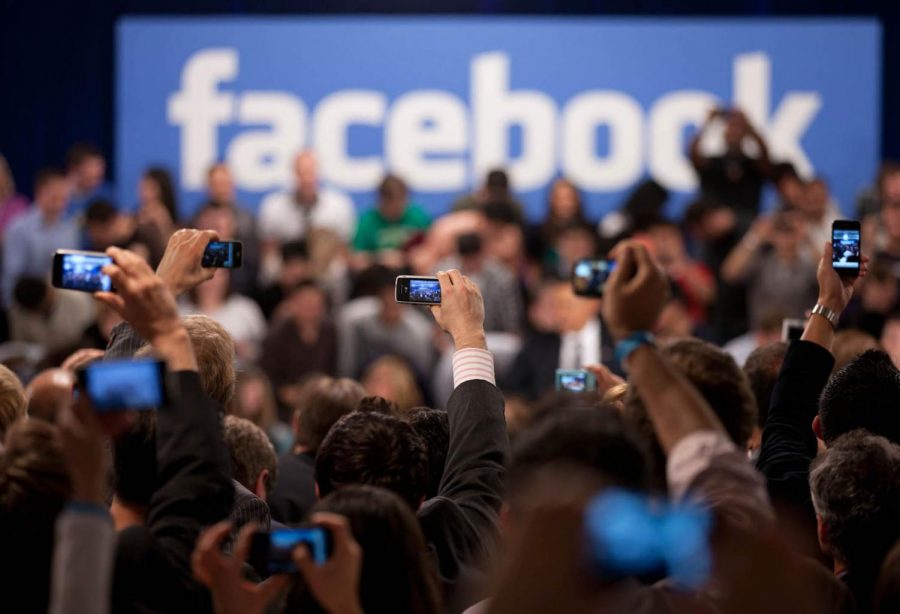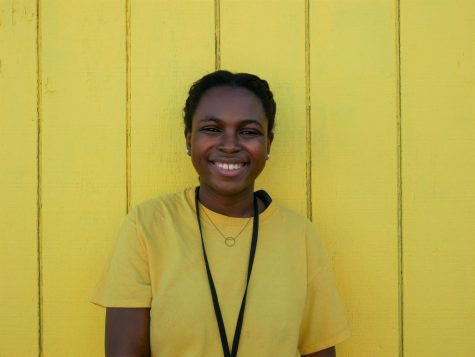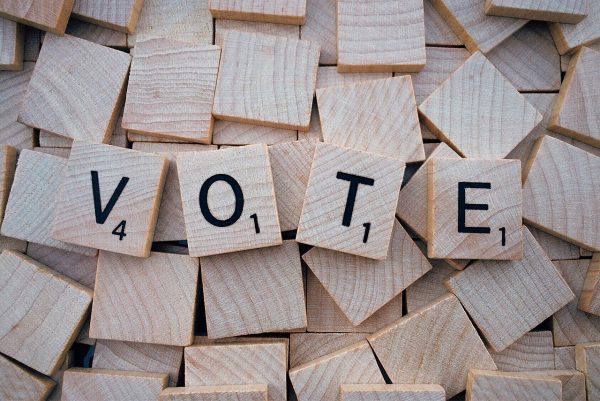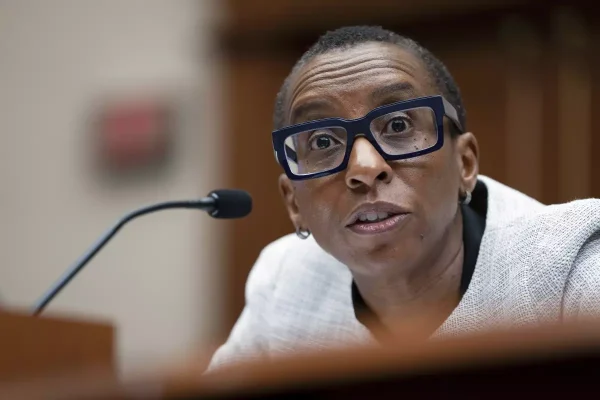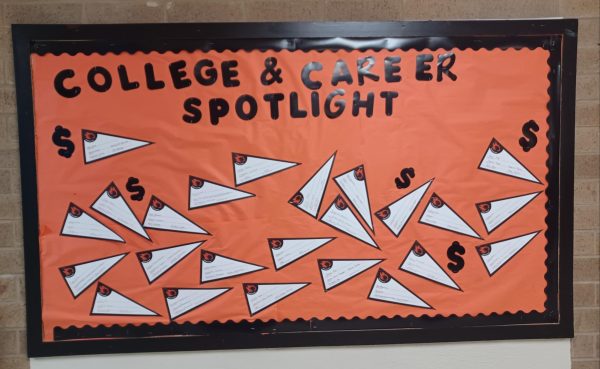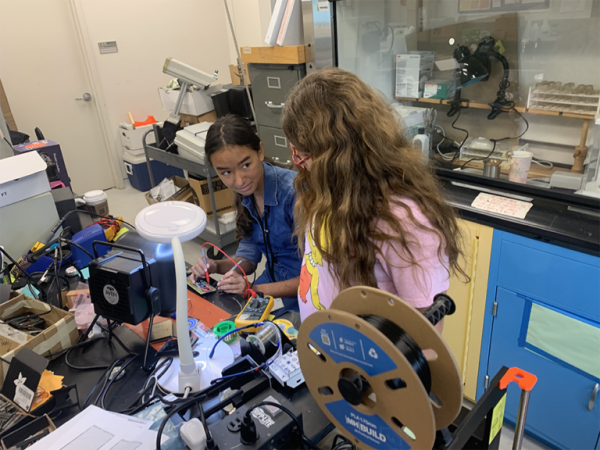The Safety of Personal information in Social Media
April 18, 2018
After the exposed Facebook and Cambridge Analytica scandal, talks of how safe personal information is on social media have been in the air.
Within the past month, the media exposed that data from users of Facebook had been taken by Cambridge Analytica. According to a news article in The Washington Post, the data was used “to target voters with hyper-specific appeals, including on Facebook and other online services, that go well beyond traditional messaging based on party affiliation alone.”
Cambridge Analytica was able to get the information through Soviet-born American researcher, Aleksandr Kogan. According to The Post, “About 300,000 Facebook users, most or all of whom were paid a small amount, downloaded Kogan’s app, called This Is Your Digital Life, which presented them with a series of surveys.”Kogan used this app to collect data from the users and was able to access information of “about 87 million Facebook users.”
Kogan was given permission by Zuckerberg to release his app on Facebook. According to The Post, “When Kogan offered his app, Facebook also allowed developers to collect information on friends of those who chose to use their apps if their privacy settings allowed it.” Facebook had found out that the data had been passed on to Cambridge Analytica, a U.K. affiliate of U.S. political consulting firm.
Cambridge Analytica had hired Kogan “to gather basic profile information of Facebook users along with what they chose to ‘Like.'” Facebook claimed that Kogan had “‘lied'” to them. He had said, “he was gathering the data for research purposes.” However, that was not the case.
According to a news article in The Los Angeles Times, Zuckerberg faced the House Energy and Commerce Committee in court where he was questioned about the data that was accessed by Cambridge Analytica. He admitted that his personal data was also taken by Cambridge Analytica. Zuckerberg was also asked if the ads that were posted on Facebook had a political preference.
He claimed that there was no helping of one over the other. However, according to The Times, “Sarbanes cited statistics that showed the Trump campaign placed 5.9 million ads on Facebook in the run-up to the election while the Clinton campaign placed 66,000.” Zuckerberg “acknowledged that Facebook ‘should have been aware that this app developer submitted’ a terms-of-service statement ‘that was in conflict with the rules of the platform.'” in his congressional hearing on April 10th.
Zuckerberg has decided to take action after the recent scandal. According to the article in the The Times,”Facebook is restricting outside app developers from accessing some personal information, such as religious and political opinions… Zuckerberg describes the company’s changing approach to political advertising.” According to a news article in the Pittsburgh Gazette-Post, “Facebook CEO Mark Zuckerberg will apologize for his company’s role in a data privacy scandal and foreign interference in the 2016 elections.” The article was written the week of April 9, the week he appeared in court to give his testimony.
While all of this has been going on, questions have been asked of how safe social media is and how is all of that information used. Students were asked how safe they felt about posting personal information on social media and they had varied opinions.
One student, junior Tayonna Marshall said “I don’t really put a lot of my information out on social media… The recent scandal with Facebook has made me even more skeptical about how much information I give social media networks.” Another student, sophomore Robin Lacson said: “I mean I don’t really care unless someone comes after me.” Finally, sophomore Jamal Kamara said, “I feel somewhat safe posting my information on social media, but monitor how much information I am giving out.”
With the talks of information privacy and social media safety, the technological world hopefully will look to make changes to make customers feel safer.


